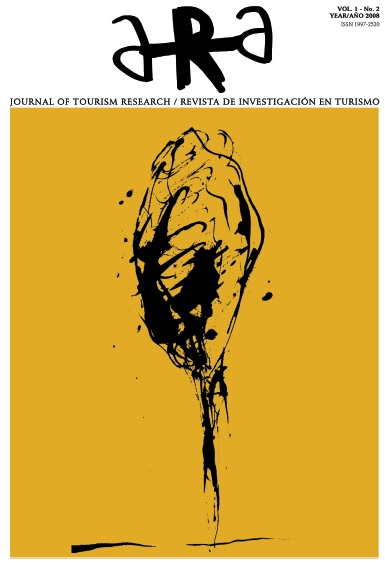Ecotourism as a Means of Community Development: The case of the indigenous populations of the Greater Caribbean
DOI:
https://doi.org/10.1344/ara.v1i2.18663Keywords:
Ecotourism, community development, poverty alleviation, indigenous peoples, Greater CaribbeanAbstract
There are many types of tourism on offer in the world market, with tourism types being as diverse as the kind of experience that the visitor demands. Destinations characteristically engage in tourism models that cater to the needs and wants of the tourist market they attract. However, research and experience have shown that different tourism models affect the local people of a destination in different ways. For example, some models favor greater participation of historically marginalized communities than others. This paper focuses on two tourism models: ecotourism and community-based tourism. It is conceptual in nature and builds on previous academic research and secondary data in addressing the very topical theme of the use of ecotourism as a means of community development. It presents successful case studies of communitybased ecotourism, making particular reference to the indigenous populations of the Greater Caribbean to make these connections. There is reason to believe that the lessons derived from these case studies will be of interest and use to other indigenous communities in the Greater Caribbean and similar geographical regions in search of an alternative path of development that conserves natural areas while capitalizing on the opportunity for social welfare development and economic diversification for present as well as future generations.Downloads
Published
2017-04-26
How to Cite
Garraway, J. (2017). Ecotourism as a Means of Community Development: The case of the indigenous populations of the Greater Caribbean. Ara: Journal of Tourism Research, 1(2), 11–20. https://doi.org/10.1344/ara.v1i2.18663
Issue
Section
Articles
License
The authors who publish in ARA agree to the following terms:
- Authors retain copyright and grant the journal the right of first publication.
- Texts will be published under a Creative Commons Attribution License that allows others to share the work, provided they include an acknowledgement of the work’s authorship, its initial publication in this journal and the terms of the license.
- This material may not be used for commercial purposes.
- You may not distribute the modified material.
Attribution-NonCommercial-NoDerivatives 4.0 International (CC BY-NC-ND 4.0)














